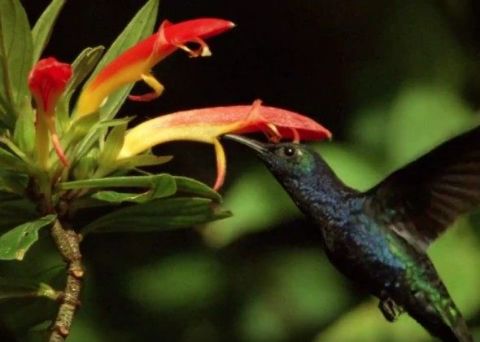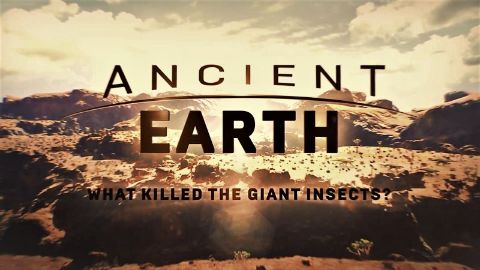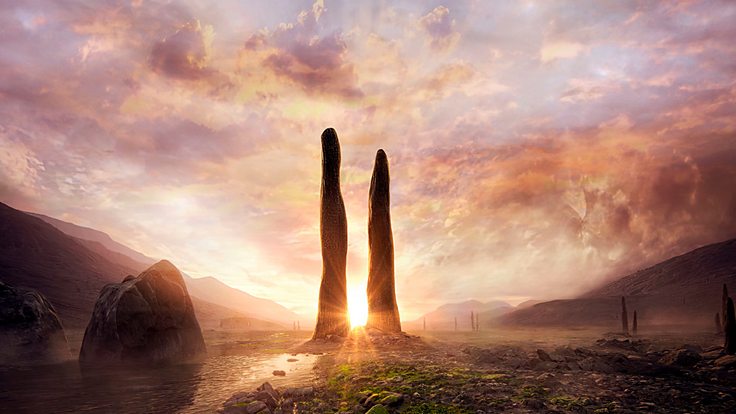The New Wild • 2024 • episode "S1E2" • Mammals with David Attenborough
A look at mammals which have adapted to the changes humans have made to their environment, from sea lions competing with stray dogs for food in the fish markets of Chile to pig-tailed macaques in palm oil plantations in south east Asia. Plus, a look at how elephants have learnt to use the cover of darkness to venture into towns in search of a midnight feast, often leaving destruction in their wake.
Make a donation
Buy a brother a hot coffee? Or a cold beer?
Hope you're finding these documentaries fascinating and eye-opening. It's just me, working hard behind the scenes to bring you this enriching content.
Running and maintaining a website like this takes time and resources. That's why I'm reaching out to you. If you appreciate what I do and would like to support my efforts, would you consider "buying me a coffee"?
Donation addresses
BTC: bc1q8ldskxh4x9qnddhcrgcun8rtvddeldm2a07r2v
ETH: 0x5CCAAA1afc5c5D814129d99277dDb5A979672116
With your donation through , you can show your appreciation and help me keep this project going. Every contribution, no matter how small, makes a significant impact. It goes directly towards covering server costs.











